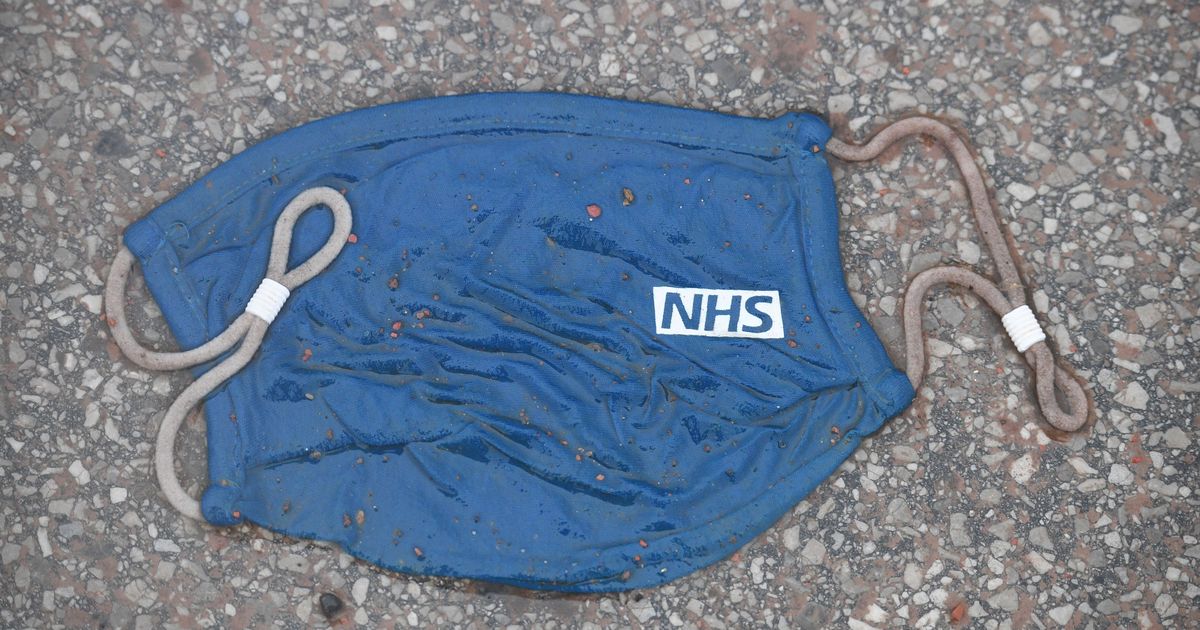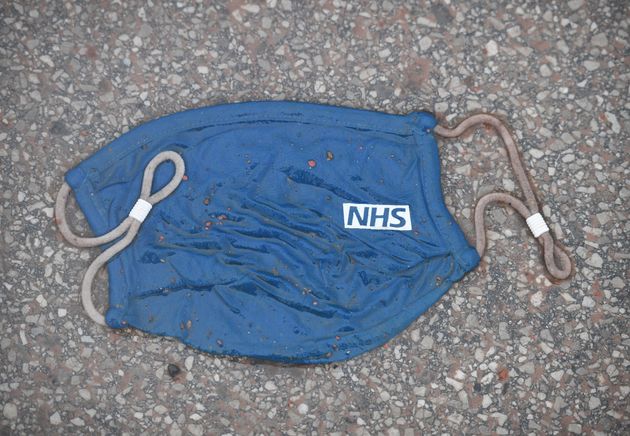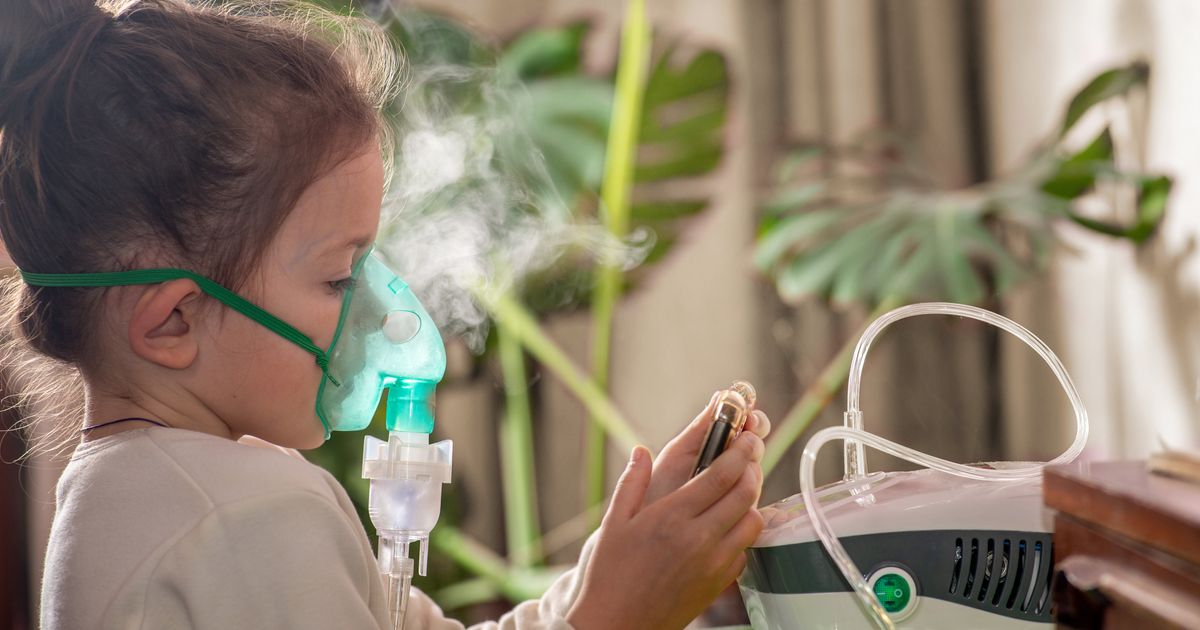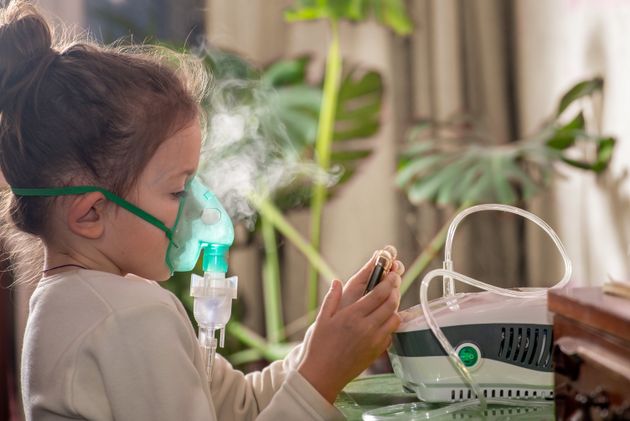
Labour has revealed it will plug the £2bn hole in its spending commitments by cracking down on tax dodgers.
Keir Starmer and shadow chancellor Rachel Reeves have promised a Labour. government will fund NHS improvements and free breakfast clubs in schools.
Advertisement
They had planned to pay for it by raising money through axing the non-dom tax status.
But chancellor Jeremy Hunt used his Budget to scrap the tax loophole himself and use the money to fund tax cuts.
The move meant Labour had to either ditch its commitments, oppose the tax cuts or find the £2bn elsewhere.
In the aftermath of the Budget, Labour said it was still working out where to find the money.
Speaking on Tuesday, Reeves will pledge to “take on the tax dodgers” and raise £5bn a year by the end of the next parliament.
Reeves will point to comments by Gareth Davies, the chief executive of the National Audit Office, who said in January that £6bn could be raised by cracking down on tax evasion and avoidance.
Advertisement
She will confirm £2bn of the funding raised each year from these plans will go towards the spending commitments.
“I have been clear that everything in our manifesto will be fully costed and fully funded. There will be no exceptions,” Reeves will say.
“That is why last month I promised to go through all the government documents in an orderly way to identify the funding streams to honour our commitments to the NHS and schools.
“That process is now complete and the funding a future Labour government will raise from taking on the tax dodgers will fund more appointments in NHS hospitals, new scanners, extra dentist appointments and free breakfast clubs for all primary school pupils.”
“Our schools and our hospitals are the British people’s priorities – and they are Labour’s priorities too.”
Advertisement
Labour will outline a plan to give HMRC up to an extra £555 million each year to allow it to help it collect more tax.
Under the proposal, the number of HRMC staff by up to 5,000 to ensure tax owed is collected.
There will be investment in the digitisation of the tax office and a greater use of AI.




















